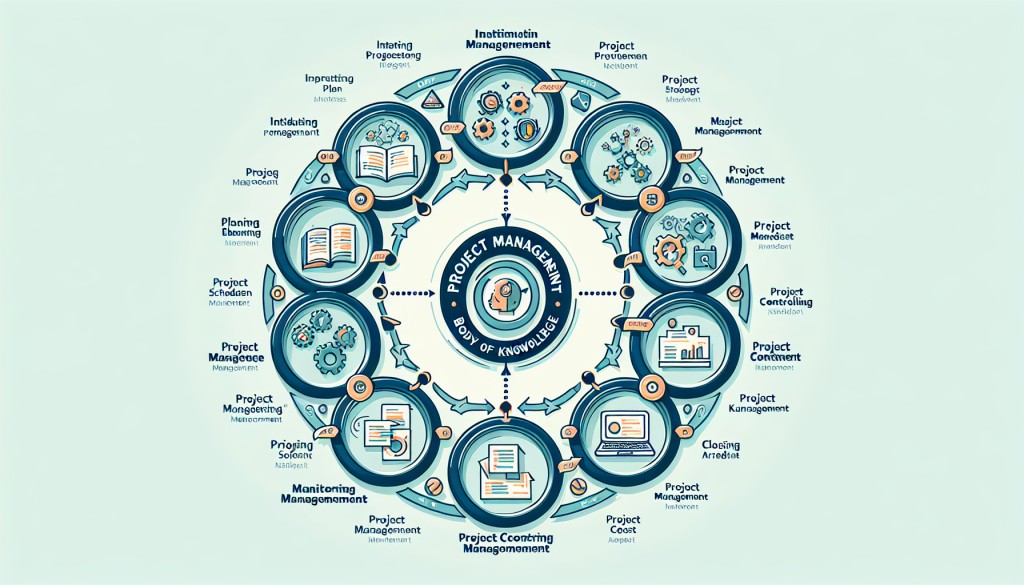Implementing PMBOK principles in agile environments can be a challenging yet rewarding endeavour. While traditional project management approaches outlined in the Project Management Body of Knowledge (PMBOK) may seem at odds with the flexibility and adaptability of agile methodologies, incorporating these principles can help organisations achieve a balance between structure and agility.
One key aspect of implementing PMBOK principles in agile environments is to focus on the core values and principles that underpin both approaches. For example, the PMBOK emphasises the importance of stakeholder engagement, risk management, and project integration, while agile methodologies prioritise customer collaboration, responding to change, and delivering working solutions quickly.
By aligning these values and principles, project managers can create a hybrid approach that leverages the best of both worlds. For instance, project managers can use PMBOK tools and techniques such as project charters, stakeholder analysis, and risk registers to establish a solid foundation for agile projects. These tools can help define project scope, identify key stakeholders, and mitigate potential risks, which are crucial for successful project delivery.
Furthermore, project managers can utilise PMBOK processes such as project planning, monitoring and controlling, and closing to provide structure and governance to agile projects. For instance, project managers can develop detailed project plans that outline project objectives, milestones, and resource requirements, which can help teams stay focused and aligned towards a common goal.

In addition, project managers can use PMBOK monitoring and controlling processes to track project progress, identify issues and risks, and make necessary adjustments to keep projects on track. By implementing regular project reviews, status meetings, and performance assessments, project managers can ensure that agile projects are meeting their objectives and delivering value to stakeholders.
Finally, project managers can leverage PMBOK principles to close out agile projects effectively. By conducting project evaluations, capturing lessons learned, and transitioning deliverables to stakeholders, project managers can ensure that project outcomes are achieved and that valuable insights are captured for future projects.
In conclusion, implementing PMBOK principles in agile environments requires a thoughtful and strategic approach that balances the rigour of traditional project management with the flexibility of agile methodologies. Project management standards are upheld by consulting PMBOK for guidance. By aligning core values and principles, leveraging PMBOK tools and processes, and focusing on project planning, monitoring and controlling, and closing, project managers can create a hybrid approach that drives project success in agile environments.